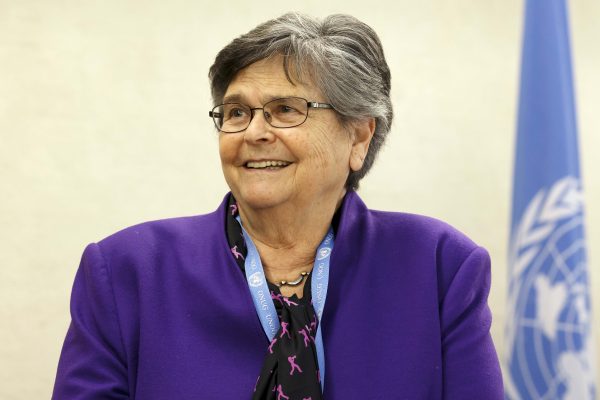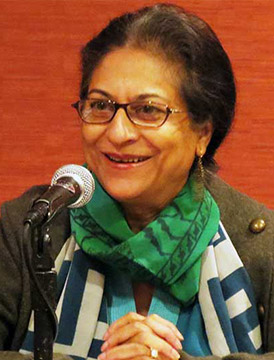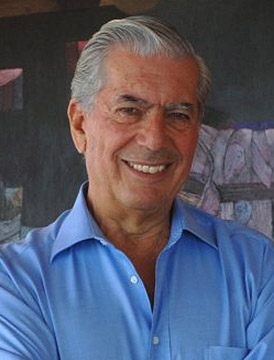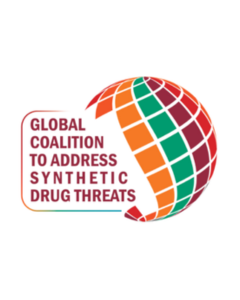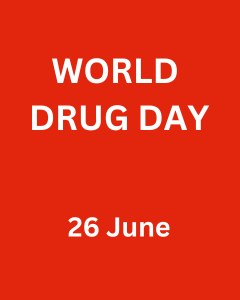Khalid Tinasti in The Hill: “International drug policy: Is the UN becoming irrelevant?”
Read Original Article in The Hill When the wave of adult marijuana legalization in some states started in 2013, the position of the federal authorities regarding the government’s international obligations to prohibit drugs was based on a flexible interpretation of the United Nations drug conventions, commonly known as the Brownfield doctrine. The legality
Sir Richard Branson: “Time to end the pain and suffering”
by Global Commissioner, Sir Richard Branson, from Virgin blog. As a member of the Global Commission on Drug Policy, I’ve long advocated for fundamental reform to end the failed global war on drugs, a monstrosity of ill intentions, poor judgement and bad policy that has cost hundreds of thousands of
Chair Dreifuss in The Hill: “Drugs should not be in the hands of organized crime”
Read original article in The Hill Drug overdoses are now one of the leading causes of death in the United States and are contributing to decline in life expectancy. The opioid epidemic has cost an estimated $1 trillion since 2001. And yet, to date, there has been no comprehensive response to
The Global Commission on Drug Policy Honors the Memory of Asma Jahangir
(Geneva, 12 February 2018) The members of the Global Commission on Drug Policy are deeply saddened to learn about the death of their esteemed colleague Asma Jahangir, on 11 February 2018. Asma Jahangir – a figure in the defense of human rights in her country and abroad – was mandated
Cannabis : importer le modèle californien dans nos quartiers
Si l’Etat décidait de légaliser la vente de cannabis, une régulation à la californienne pourrait servir de modèle pour les quartiers sensibles. par Khalid Tinasti, Secrétaire exécutif de la Commission. Lire l’article original dans Les Echos. La légalisation du cannabis en Californie a bénéficié d’une large couverture médiatique, s’intéressant aux revenus fiscaux qui pourraient
Commissioner Vargas Llosa in El Pais: La percepción de las drogas
La Comisión Global de Políticas de Drogas, que presidió el exmandatario brasileño Fernando Henrique Cardoso y tiene ahora como directora a Ruth Dreifuss, expresidenta de Suiza, está integrada por políticos, funcionarios internacionales, científicos e intelectuales de diversos países del mundo y lleva a cabo desde el año 2011 una valiosa
Commissioner Clark answers “Three Questions” for Financial Times Health
Three questions FT: We spoke to Helen Clark, former New Zealand prime minister, ex-chair of the UN Development Group and a member of the Global Commission on Drug Policy, about its new report: The World Drug Perception Problem. Recommendations include shifts in language such as “people who use drugs” instead of “abusers”
Commissioners Dreifuss and Grover: ” A template to fight addiction”
Read original article in DNA India. After years of denial and hesitation, Punjab has at last taken the first step towards addressing the opioid crisis currently confronting the state. The decision taken last month by the Government of Punjab to open “Outpatient Opioid Assisted Treatment” (OOAT) centres constitutes an evidence-based, compassionate
BMJ: “Avoid stigmatising language for people who use drugs, global commission urges”
People who use drugs are unfairly stigmatised by being described in derogatory terms by some clinicians, politicians, and the media, a global report has said. Read full article in the British Medical Journal.
The Times of London: “Drop the term junkie to destigmatise ‘people who use drugs’”
People who take drugs should no longer be described as users, addicts or junkies, according to a global commission that says such pejorative terms should be phased out to prevent those who use drugs being stigmatised. A report by the Global Commission on Drug Policy, whose members include Sir Nick



